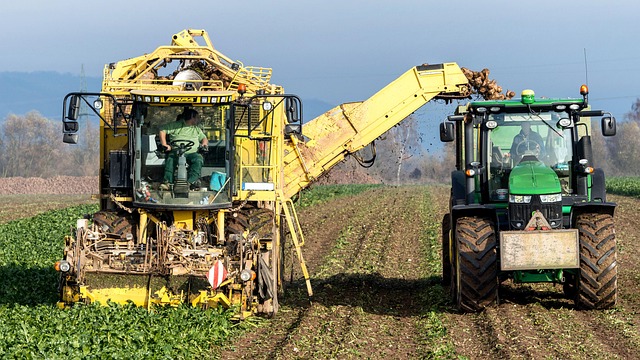The quest for sustainability is intricately linked to the ways we harness and utilize energy. As the world grapples with the pressing issues of climate change and environmental degradation, the search for reliable alternatives to fossil fuels intensifies. Enter biofuel, a beacon of hope in the cycle of sustainability, providing a pathway toward achieving carbon neutrality.
Sustainable development is not just a buzzword but a critical focus that shapes our current and future trajectories. To thrive on this planet, we need to balance our economic growth with ecological integrity. The energy sector, notorious for its substantial ecological footprint, is ripe for transformation. Biofuel emerges as a promising substitute, derived from organic materials such as plant and animal waste, making it a renewable resource that aligns with the principles of sustainable development.
The allure of biofuels lies in their ability to significantly reduce carbon emissions. Unlike traditional fossil fuels that release a staggering amount of CO2 into the atmosphere, biofuels can achieve a carbon-neutral status. This means that the CO2 emitted during the combustion of biofuels is approximately equivalent to the amount absorbed by the crops during their growth. By adopting biofuels, we not only diminish our reliance on depleting resources but also contribute positively to the planet’s health.
Embracing green technologies has become crucial in our efforts to create a sustainable future. Biofuels represent a key component in the shift towards these innovative energy solutions. With advancements in processing technologies and agricultural practices, biofuels are becoming increasingly efficient and sustainable. Innovations such as first, second, and even third-generation biofuels, which utilize a variety of feedstocks, demonstrate the potential to meet our energy demands while propelling us towards a lower carbon economy.
The journey toward carbon neutrality is complex, yet inspiring. By integrating biofuels into our energy portfolios, we not only mitigate climate change but also support rural economies and create job opportunities in agriculture and energy sectors. As consumers, adopting biofuels for transportation or heating can reduce our personal carbon footprints and inspire collective action towards a sustainable lifestyle.
In this cycle of sustainability, every small action contributes to a larger goal. By opting for biofuels, investing in green technologies, and fostering sustainable development, we not only enhance our ecological well-being but also pave the way for future generations to thrive in a balanced ecosystem. It’s high time we harness the power of biofuel, not just as an alternative energy source, but as a catalyst for transformative change. Together, we can create a world where sustainability is not merely a concept, but a way of life.




